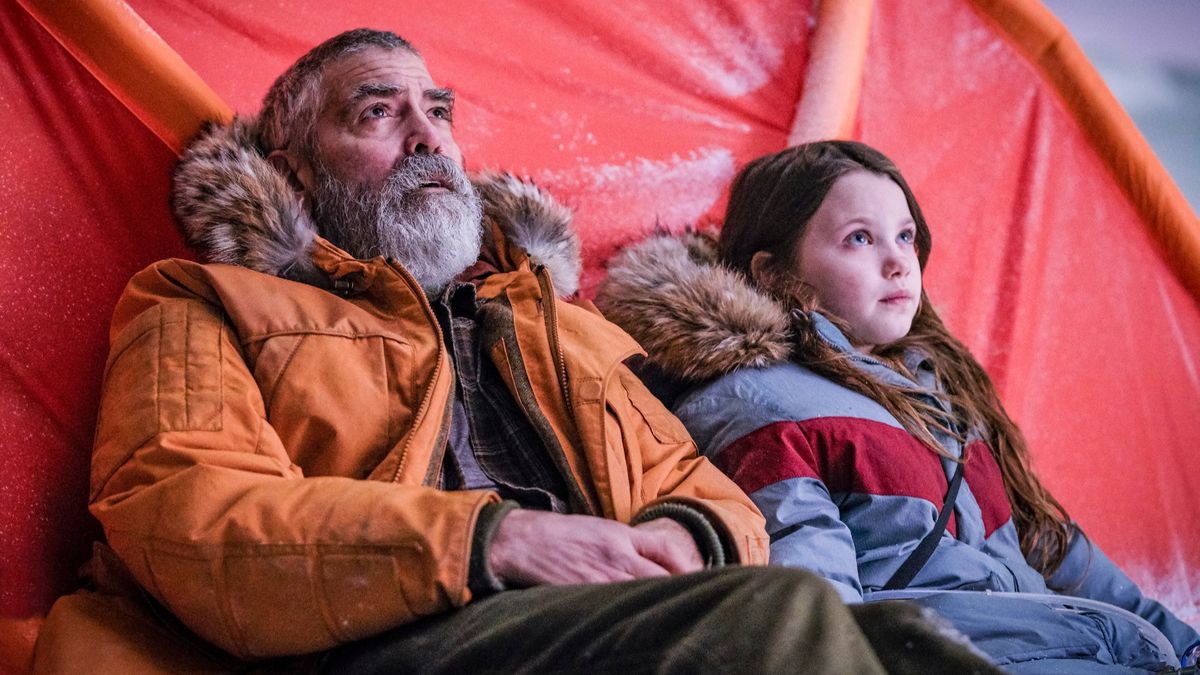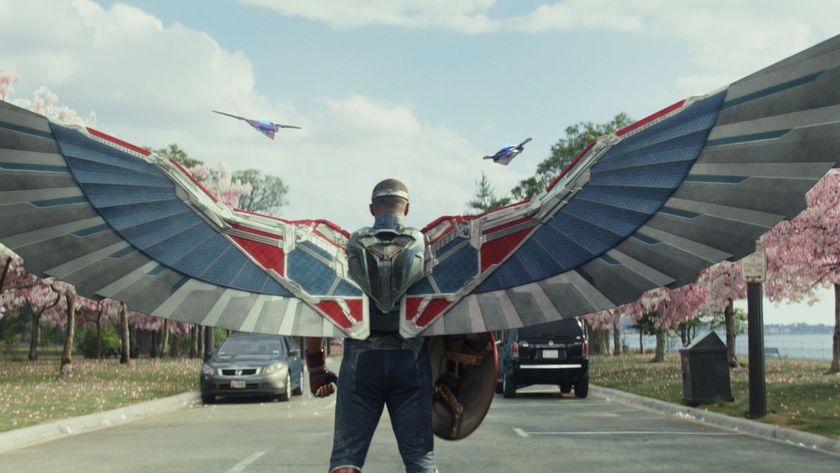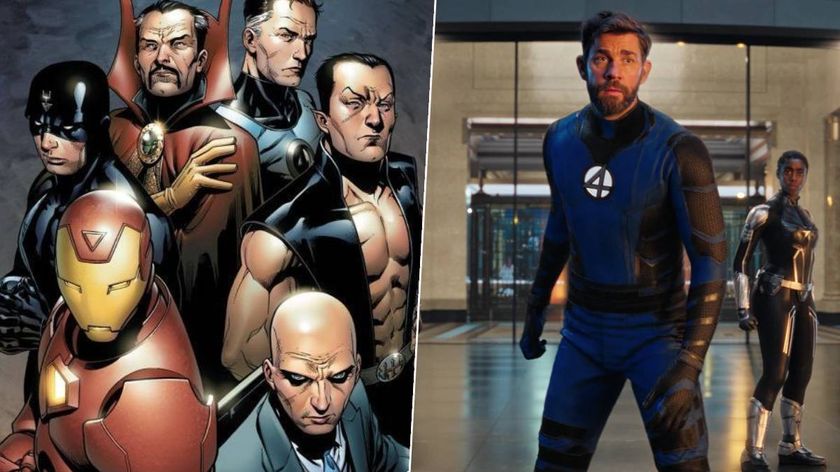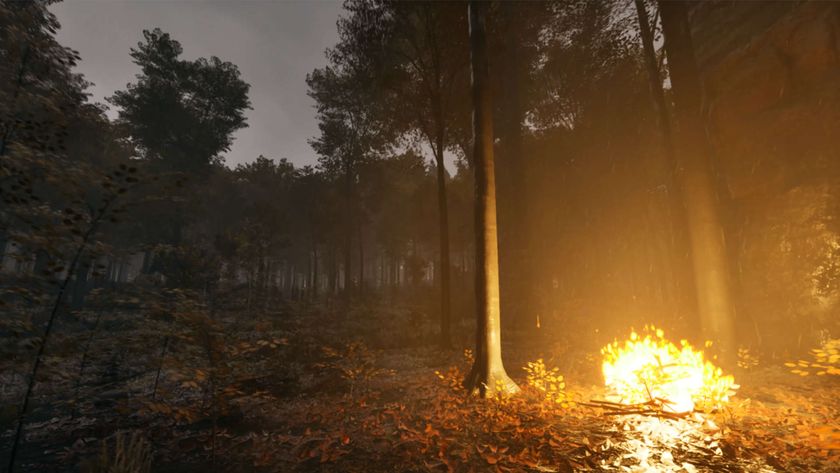12DOVE Verdict
No ray guns, no tentacular beasties, just gravitas in a film that goes boldly about its business but never quite lands.
Why you can trust 12DOVE
Shot before the pandemic, George Clooney’s sci-fi drama Midnight Sky already felt timely given the anger and division in the air, and because said air has long been polluted, with climate change pointing towards potential apocalypse. Then came Covid-19 during post-production to amplify the themes...
Based on Lily Brooks-Dalton’s 2016 novel Good Morning, Midnight, Clooney’s earnest musing on loneliness, loss and legacy concentrates on Augustine (Clooney), a scientist who has dedicated his life to looking up at the stars for the meaning of the universe. With no family to go to as a mass-extinction event decimates Earth, he remains behind at an Arctic outpost while his colleagues leave, taking it upon himself to try and reach the spacecraft Aether, returning from Jupiter.
Aboard this vessel is a crew of familiar faces (Felicity Jones, David Oyelowo, Kyle Chandler, Demian Bichir) with no idea that there is no longer a habitable Earth to welcome them.
Anyone expecting George to twinkle like a star in a seat-of-the-pants space drama like Gravity had best look elsewhere. Clooney, lest we forget, also starred in Steven Soderbergh’s elegant 2002 take on Stanislaw Lem’s big-brain novel Solaris, and The Midnight Sky is similarly interested in exploring the human condition – inner space, if you will. Its intentions are sincere, but in seeking the profound it loses a sense of purpose, the pace dragging as it shuffles between the Earthbound Augustine and the astronauts in space.
Few genres can map the human heart like science fiction, but you might find yourself wishing Clooney had opted for the thrills and spectacle the genre also excels at, to instead rustle up some escapist entertainment for these troubled times.
Jamie Graham is the Editor-at-Large of Total Film magazine. You'll likely find them around these parts reviewing the biggest films on the planet and speaking to some of the biggest stars in the business – that's just what Jamie does. Jamie has also written for outlets like SFX and the Sunday Times Culture, and appeared on podcasts exploring the wondrous worlds of occult and horror.
Most Popular








